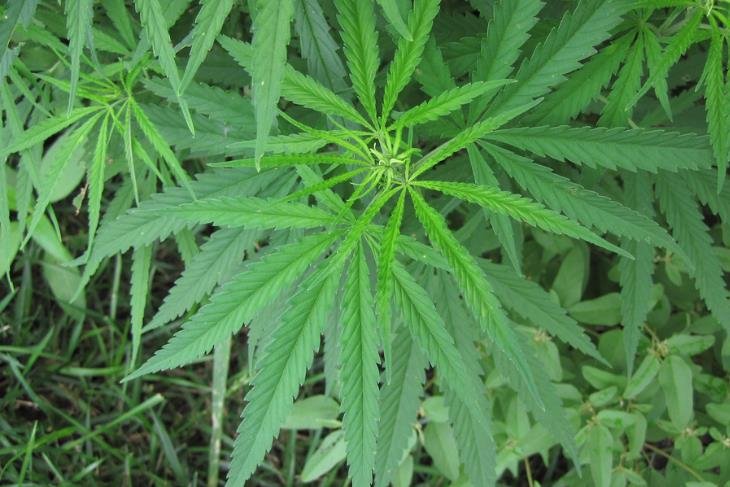The agency conducted a comprehensive analysis of scientific and social data to justify its recommendation to the DEA.
FDA explores cannabis users’ views and experiences as part of its rescheduling effort. The agency conducted a comprehensive analysis of scientific and social data to justify its recommendation to the Drug Enforcement Administration (DEA) to reschedule marijuana from Schedule I to Schedule III under the Controlled Substances Act. The analysis, which was revealed in the 2023 fiscal year Drug Safety Priorities report, involved an eight-factor analysis (8FA) and a social listening initiative.

The 8FA evaluated the potential benefits and risks of marijuana based on various sources
The 8FA evaluated the potential benefits and risks of marijuana based on various sources, such as epidemiologic and pharmacovigilance data, clinical trials, preclinical studies, and literature reviews. The 8FA considered factors such as the drug’s actual or relative potential for abuse, the scientific evidence of its pharmacological effects, the state of current scientific knowledge regarding the drug, the history and current pattern of abuse, the scope, duration, and significance of abuse, the risk to public health, the psychic or physiological dependence liability, and whether the substance is an immediate precursor of a substance already controlled.
The 8FA concluded that marijuana has a lower potential for abuse and dependence than other Schedule I drugs, such as heroin and LSD, and that it has some accepted medical uses, such as treating chronic pain, nausea, and epilepsy. The 8FA also noted that marijuana has a relatively low risk of overdose, withdrawal, or serious adverse effects, and that it does not cause significant public health problems, such as violence, crime, or infectious diseases.
The social listening initiative analyzed online and social media conversations about marijuana
The social listening initiative analyzed online and social media conversations about marijuana, in order to capture the context and perspectives of users regarding the drug. The initiative involved manually analyzing hundreds of posts on publicly available online and social media platforms, such as Reddit, Twitter, Facebook, and Instagram.
The social listening initiative found that users discussed marijuana for various purposes, such as therapeutic, recreational, spiritual, and cultural. Users also shared their experiences with marijuana, such as its effectiveness, benefits, negative effects, and access. The initiative also identified some common themes and sentiments among users, such as satisfaction, relief, enjoyment, curiosity, and advocacy.
The social listening initiative provided a unique and complementary insight into the users’ views and experiences of marijuana, which could not be obtained from traditional research methods. The initiative also demonstrated the agency’s willingness to listen to and understand the users, rather than relying solely on scientific data.
The FDA submitted its recommendation to the DEA in August 2023, but the final decision is still pending
The FDA submitted its recommendation to the DEA in August 2023, but the final decision is still pending. The DEA has the authority to accept, reject, or modify the FDA’s recommendation, and to determine the appropriate schedule for marijuana under the Controlled Substances Act. The DEA has not indicated when it will announce its decision, or whether it will consider the FDA’s analysis.
Meanwhile, some lawmakers and advocates have urged the DEA to act swiftly and transparently on the matter, and to fully deschedule marijuana, rather than reschedule it to a lower category. They argue that rescheduling marijuana would not address the legal and social issues caused by its prohibition, such as criminalization, incarceration, racial disparities, and lack of research. They also contend that descheduling marijuana would respect the will of the majority of Americans, who support its legalization for medical and recreational purposes.
The FDA’s analysis, which was conducted as part of its directive to explore whether marijuana should remain listed as Schedule I under the Controlled Substances Act, shows the agency’s recognition of the changing attitudes and realities of marijuana in the US and the world. The analysis also reflects the agency’s commitment to base its decisions on the best available evidence and the users’ voices.
Maria Garcia is an award-winning author who excels in creating engaging cannabis-centric articles that captivate audiences. Her versatile writing style allows her to cover a wide range of topics within the cannabis space, from advocacy and social justice to product reviews and lifestyle features. Maria’s dedication to promoting education and awareness about cannabis shines through in her thoughtfully curated content that resonates with both seasoned enthusiasts and newcomers alike.








